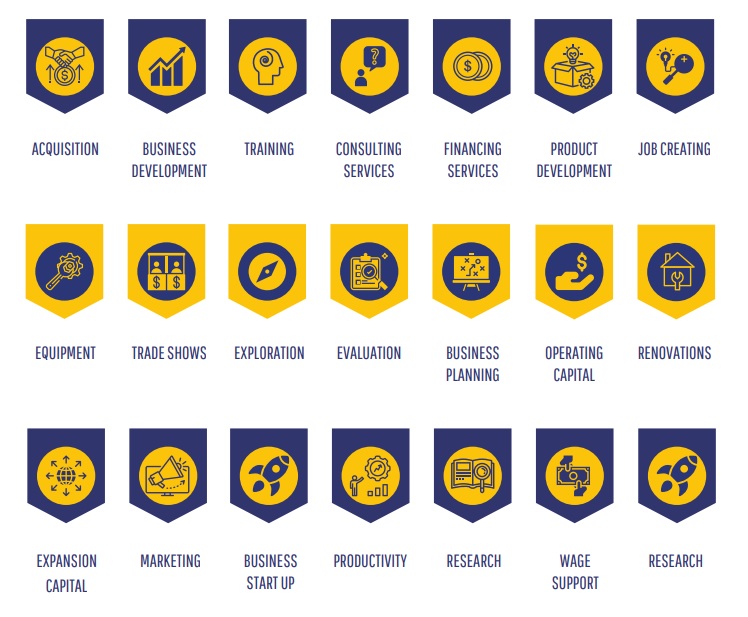There are a multitude of home-based business opportunities in British Columbia that can be started with minimal investment. To assist British Columbians in exploring these opportunities, we’ve compiled a comprehensive list of profitable and practical home-based business ideas.
Get Funding Potential For Home-Based Businesses in British Columbia
Embarking on a Home-Based Business in British Columbia
When considering starting a home-based business in British Columbia, it’s important to reflect on your interests, the time you can dedicate, and whether the idea aligns with your personal and financial goals. While a home-based business may not require the same initial investment as a brick-and-mortar establishment, it demands significant time and effort to succeed.
Understanding and Choosing the Right Business Idea
The key to choosing the right home-based business idea is to assess your skills, interests, and the market demand in British Columbia. Whether it’s offering a service, selling products online, or engaging in a creative venture, the possibilities are diverse.
Importance of a Business Plan
Regardless of the business idea you choose, developing a detailed business plan is crucial. It helps you understand the feasibility of your idea, outline the costs involved, and can be instrumental in securing funding, including potential government grants and loans specific to British Columbia.
Download the Comprehensive Guide and Learn About Funding Opportunities
This guide is tailored specifically for aspiring entrepreneurs in British Columbia, offering valuable insights and resources to help you launch and grow a successful home-based business with little upfront capital.







Recent Comments